Free Tropical Runtz seeds on orders over $150!
There are very few cases of silicon insufficiency in cannabis, but it may harm the plants’ ability to produce strong stems and leaves. Silicon deficit increases the prevalence of fungal and bacterial illnesses, as well as insect infestations. There is less photosynthesis and a smaller harvest. Silicon, on the other hand, is not a material that you can easily transport. For you to keep pests and pathogens at bay, silicon is essential to the process. Creating strong stems and branches need it as well.
If you know where to look, you can spot cannabis deficits at the right time. Keep an eye out for Silicon deficiency symptoms signs in your plants since they are often quite obvious.
Cannabis plants need many of the same nutrients as people to grow. The symptoms of a cannabis plant’s nutritional deficit might vary widely. Some indications of vitamin and mineral deficiencies, such as yellowing leaves, are more common than others. If nutrients are lacking from a growing medium or water, it’s conceivable that a pH imbalance is blocking the roots from reaching the nutrients already there.
If you realize discoloration in the leaves of your cannabis plants, it could indicate that you are looking at silicon deficiency cannabis. Silicon makes your cannabis more drought resistant. Without it, or if it’s insufficient, the leaves won’t be able to regulate the transpiration rate. When they lose lots of water, it leads to discoloration and can eventually dry out. You might also realize the leaves are curling, drooping, and eventually dropping.
When you are dealing with silicon deficiency cannabis, the roots get affected as well. It might be challenging to pick it out, but they won’t be as developed and as robust as they should be.
Compared to plants grown in unsupplemented potting soil, those planted in containers with silicon supplementation have larger flowers, sturdier stems, greater drought resilience, and better floral quality. Without silicon, growth is inhibited, and you won’t have much to gain from your cannabis plants.
A variety of variables influences a cannabis plant’s ability to absorb nutrients. For instance, a plant’s ability to absorb silicon nutrients is directly influenced by the pH of the water it is drinking. To thrive, cannabis plants need water as near to pH seven as feasible (neutral). The number of silicon nutrients a cannabis plant can take could be severely hampered if the pH is even slightly out of whack, either above or below that threshold.
Another aspect that might influence silicon nutrient absorption is the quantity of water provided to the plants. A cannabis plant’s ability to absorb nutrients will be severely hampered if not enough water. You will compromise a cannabis plant’s ability to absorb silicon nutrients if it is overwatered.
Plants require silicon to grow, prosper, and resist pests, disease, and drought. Silicon deficiency cannabis may be remedied by improving the soil. Not all farmers have access to quality soil, which is a problem for many crops. Silicon deficiency may be a problem in soil formerly used for agricultural purposes but has been converted to cannabis growing.
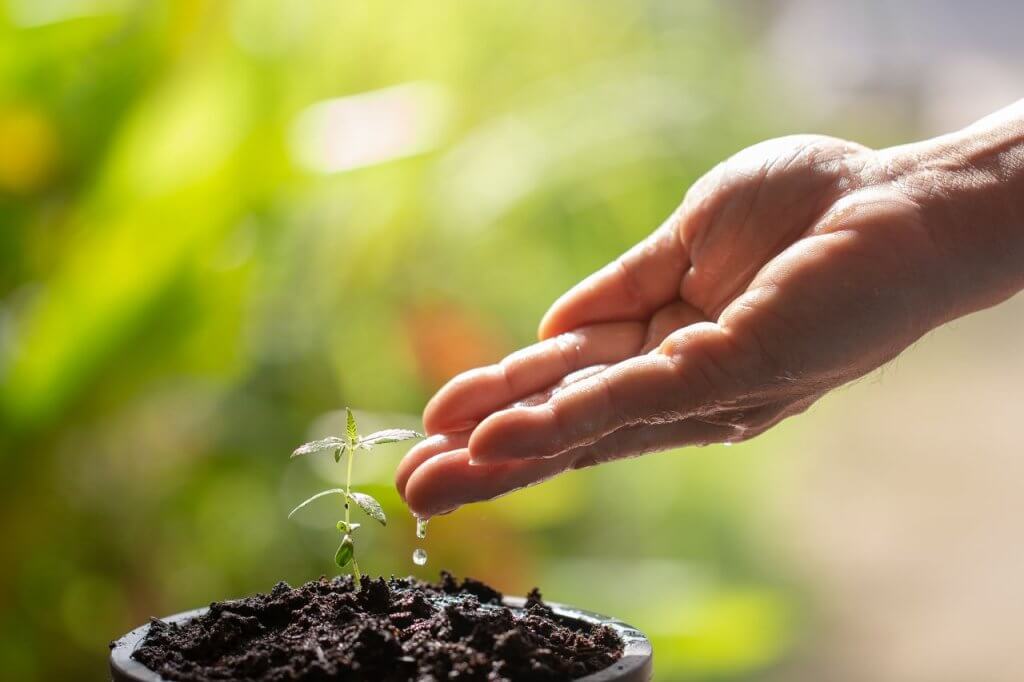
It is possible to improve the deteriorated soil’s silicon content in several ways. Growers may employ diatomaceous earth, silicate salts, or liquid silicon to improve their gardens. Some specialist cannabis plant meals include trace amounts of silicon, but not all producers are as committed to staying on top of important scientific studies as those who are. Before buying new fertilizers or other soil amendments, growers should check the labels to ensure that they contain this micronutrient.
On the other hand, hydroponic material does not contain enough silicon to maintain cannabis plants healthy throughout their whole life cycles. On the other hand, hydroponic growers must supplement their nutrient mixes with silicon-enriched liquid nutrient solutions or by making their adjustments.
Hydroponic growers encounter a unique set of difficulties when adding silicon to their soilless systems. Because silicon-containing minerals are not water-soluble at ambient temperature, plants cultivated in a hydroponic system have difficulty absorbing them.
Hydroponically, sodium silicate (Na2SiO3), frequently referred to as “liquid glass,” is the greatest technique to add silicon. As with a soil-based grow, the roots of the auto-flowering or high-CBD cannabis plants will have direct access to the silicon.
Sodium silicate may be replaced by potassium silicate. Approximately 3.7 percent potassium and 7.8 percent silicon make up this supplement’s composition. As with other soil-based crops, it’s usually combined with fertilizer. To complement their auto bruce banner or Tropicana cake strain plants, hydroponic farmers may add potassium silicate. Potassium silicate is quite alkaline; therefore, growers who want to use it should be aware of this.
For many hydroponic gardeners, the use of foliar sprays is considered superfluous since the roots of the plants provide the plants with all the nutrients they need. There are certain exceptions to the norm, such as silicon foliar sprays. There is no reason not to foliar feed hydroponically produced cannabis plants with specific silicon foliar sprays.
Lightening or yellowing of leaves is pretty common for many plants, and it’s one of the leading symptoms that indicates cannabis silicon deficiency. Any leaf discoloration could be a sign of one of the other cannabis deficiencies.
Leaves curling, drooping, and ultimately dropping are nothing new. It affects many plants for many reasons, and the lack of enough silicon could be one of them.
Low yield is another common issue for many plants and could result from several deficiencies, and there is a possibility that silicon is involved.
One of the most underappreciated micronutrients is silicon. Until recently, botanists thought a healthy plant didn’t have to have it in abundance. Science has revealed that silicon improves plant health, insect resistance, drought tolerance, and even yields now that they know better.
It’s only natural that silicon would play a role in plant health, as all terrestrial, soil-dwelling plants have access to it. When it comes to outdoor growing, those who are fortunate enough to have good soil are already making use of the benefits of silicon. Others might turn to diatomaceous earth or liquid silicon supplements for relief. They’re well worth your money.
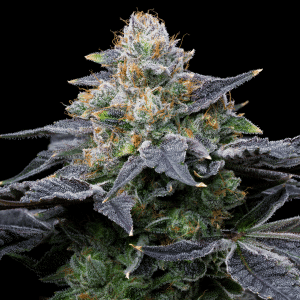
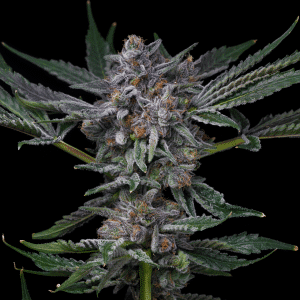
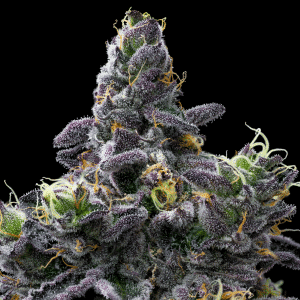
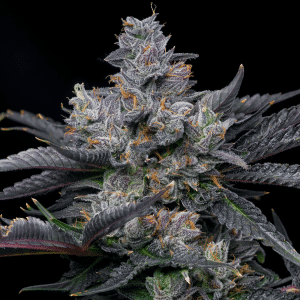
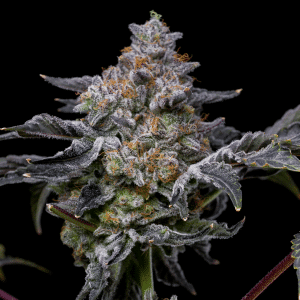
Offers
This product is not for use by or sale to persons under the age of 18. This product should be used only as directed on the label. It should not be used if you are pregnant or nursing. Consult with a physician before use if you have a serious medical condition or use prescription medications. A doctor’s advice should be sought before using any hemp products. All trademarks and copyrights are property of their respective owners and not affiliated with nor do they endorse this product. These statements have not been evaluated by the FDA. This product is not intended to diagnose, treat, cure or prevent any disease. By using this site you agree to follow the Privacy Policy and all Terms & Conditions printed on this site. All products contain less than 0.3% Cannabinoid-compliant with applicable Federal Laws. Please make yourself aware of any and all applicable laws regarding hemp in your jurisdiction. Premium Cultivars accepts no liability or responsibility regarding germination laws in any specific locale state or national jurisdictions.THCA products are not available for shipment to the following states: Hawaii, Idaho, Minnesota, Oregon, Rhode Island, Utah, Vermont *Note: Products with Total THC content above 0.3% must not be shipped to these states.
We want to help you get your hands on the seeds you want, take 20% off your next purchase when you enter your email below!
We want to help you get your hands on the seeds you want, take 20% off your next purchase when you enter your email below!